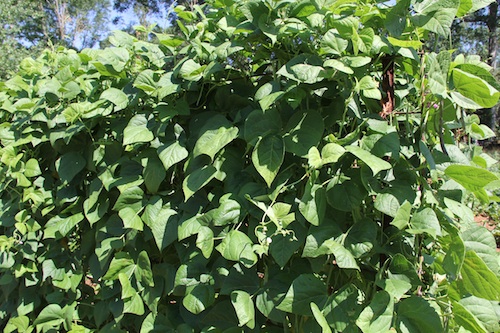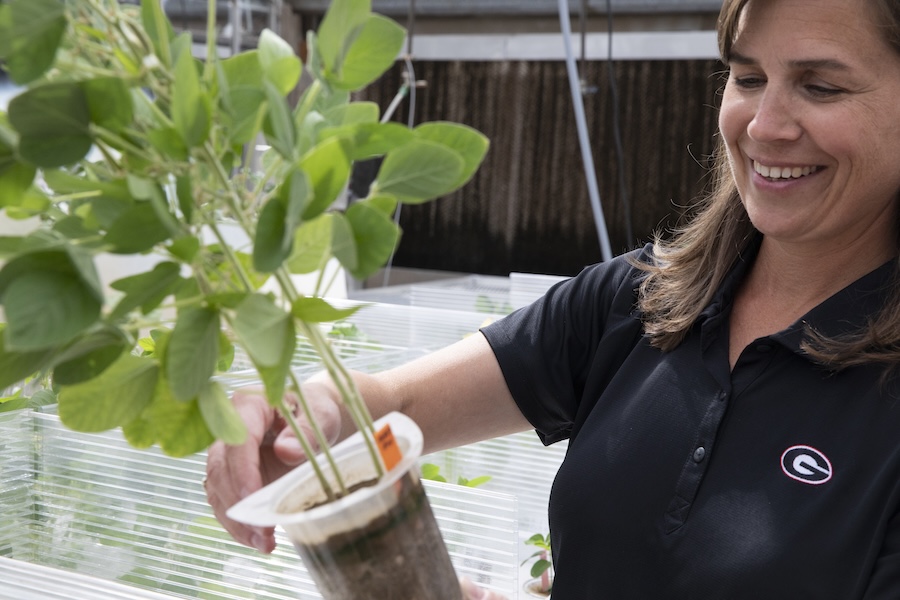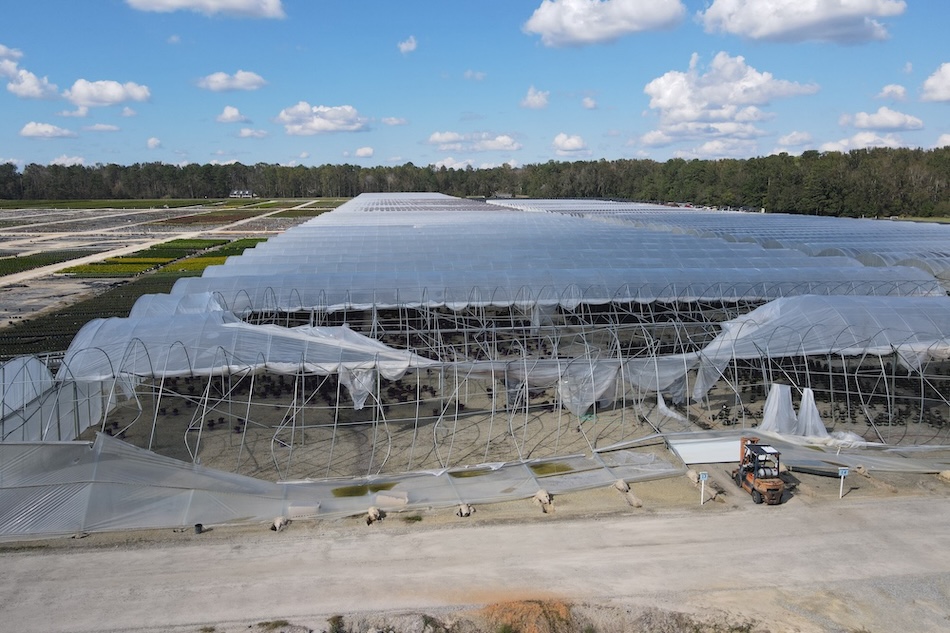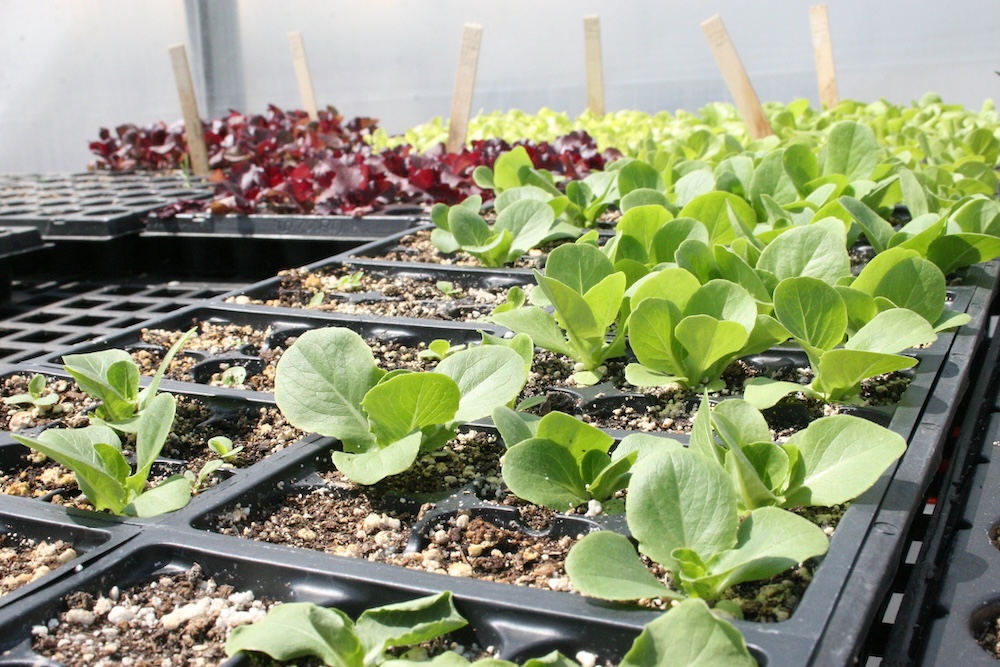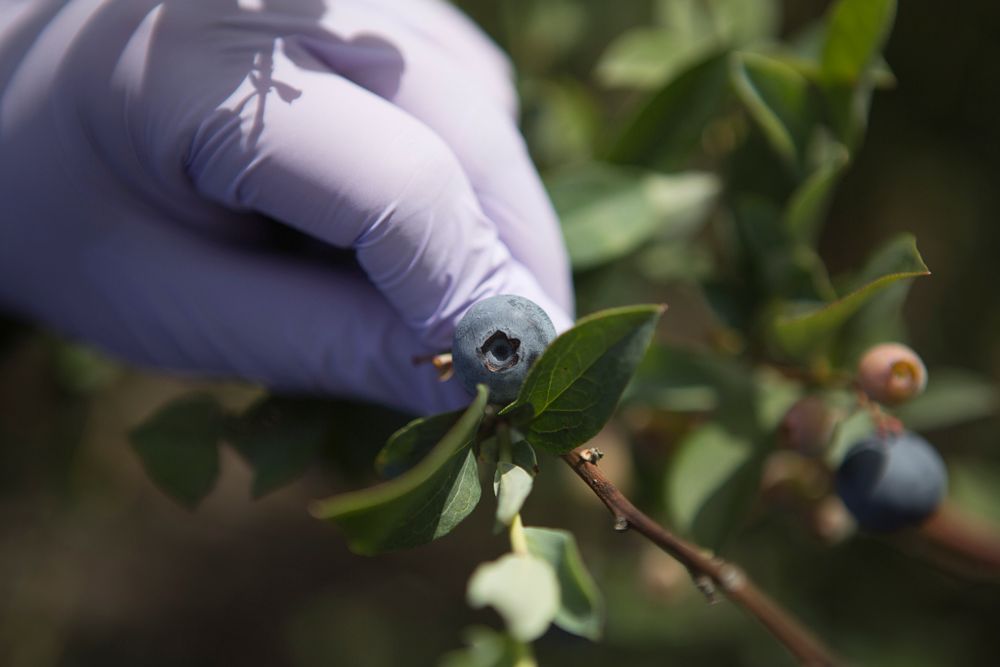This time of the year gardeners get excited about their soon-to-be-planted spring vegetable gardens. They envision lush rows of perfect pods of peas, scrumptiously delicious sweet corn and big, beautiful tomatoes. University of Georgia Extension urges gardeners to wait and put some thought and vision into their garden first.
Gardeners should create a garden plan before they order the first packet of seeds or turn the first spade of soil. First, determine how much land you have available, how much time you can spend caring for the garden and the kinds and amounts of vegetables you want to grow.
Where?
Next, select for the location of your garden. It's best to put the garden near your home for quick, convenient access. Select a site with a suitable source of water for irrigating on hot, dry summer days. When deciding on a garden site, also remember most vegetables need a lot of sunlight and perform best in well-drained, fertile soil.
Draw a map of the garden showing the overall dimensions and the number, width, and length of the rows. Next, decide which vegetables (and specific varieties) you want to grow. Note them in your garden plan. (This will help plan next year’s garden, too, as UGA experts recommend rotating crop locations to reduce pest pressure.)
Perennial crops, such as asparagus and strawberries, should be planted to one side so they won't interfere with other garden activities. Plant tall crops, like sweet corn, on the north or west side of the garden so they don’t shade lower-growing vegetable plants.
Gather your tools
No matter how well you plan, it's hard to maintain a garden without the right tools. Plan ahead to have the right equipment on hand. A hoe, rake, spading fork, round-nosed shovel and watering can may be all that's needed to plant and maintain a small garden. For larger gardens, a rotary tiller or garden tractor might be needed.
During the gardening season, keep detailed records. These records will help you evaluate each variety you grow. Record planting dates and fertilizer applications. Also document rainfall.
It's easy to make changes on paper, but almost impossible to change your garden after it is planted. Carefully plan your garden and follow your plan to help make 2014’s vegetable garden the best ever.
For more information on planting a vegetable garden in Georgia, see the UGA Extension publication website at www.caes.uga.edu/publications.

